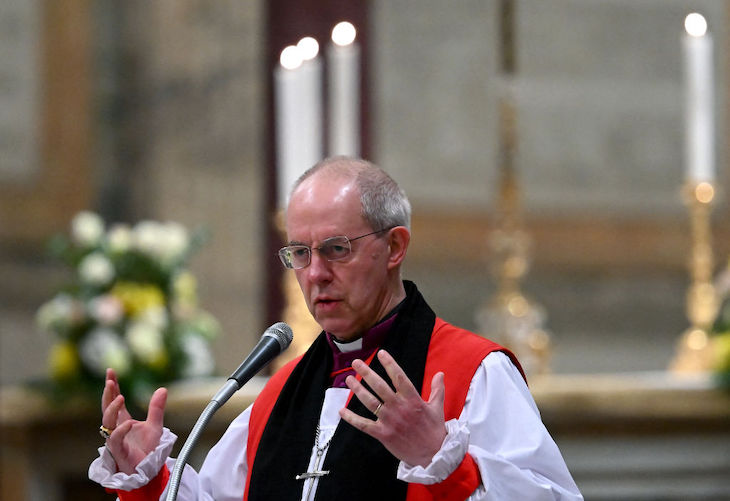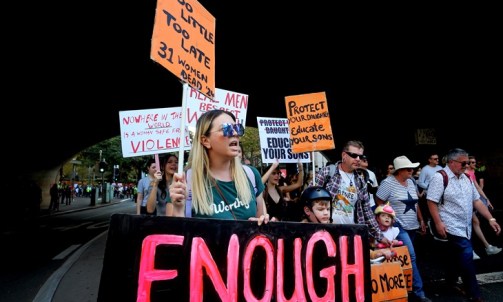When the government raises big questions about our national values, one has a choice: to see it as an opportunity to say something constructive, to deepen the debate. Or one could respond like a cynical intern at the Guardian, saying, in effect: how dare they try to sound all high and mighty? Where’s some holes we can pick?
The Church of England is unfortunately inclined to the latter course, with the archbishops issuing a statement raising concerns that Muslims might be targeted by a redefinition of extremism.
Already a subscriber? Log in
Subscribe for just $2 a week
Try a month of The Spectator Australia absolutely free and without commitment. Not only that but – if you choose to continue – you’ll pay just $2 a week for your first year.
- Unlimited access to spectator.com.au and app
- The weekly edition on the Spectator Australia app
- Spectator podcasts and newsletters
- Full access to spectator.co.uk
Or




















Comments
Don't miss out
Join the conversation with other Spectator Australia readers. Subscribe to leave a comment.
SUBSCRIBEAlready a subscriber? Log in